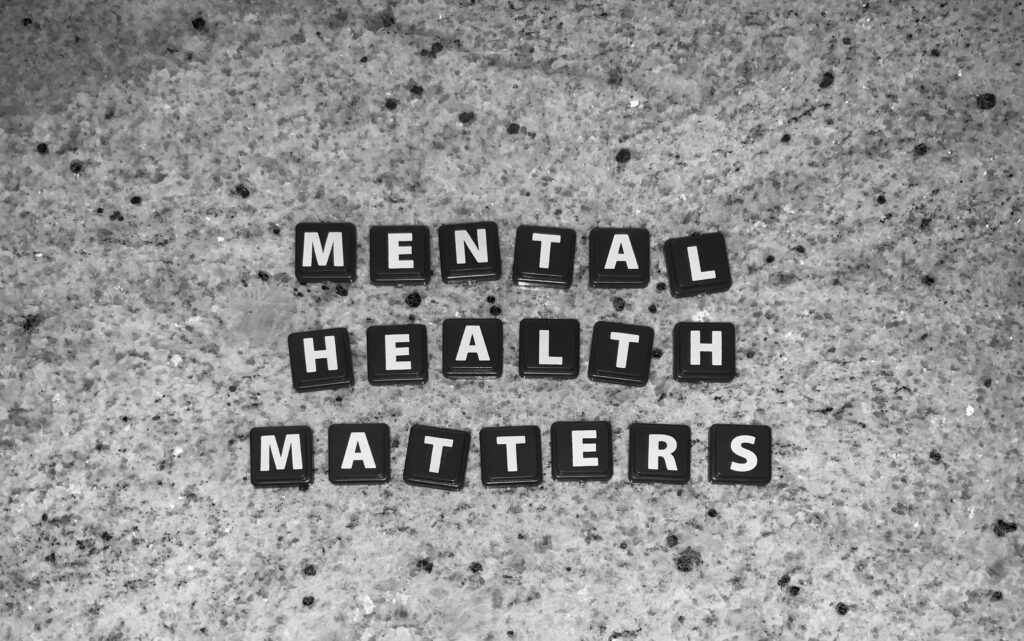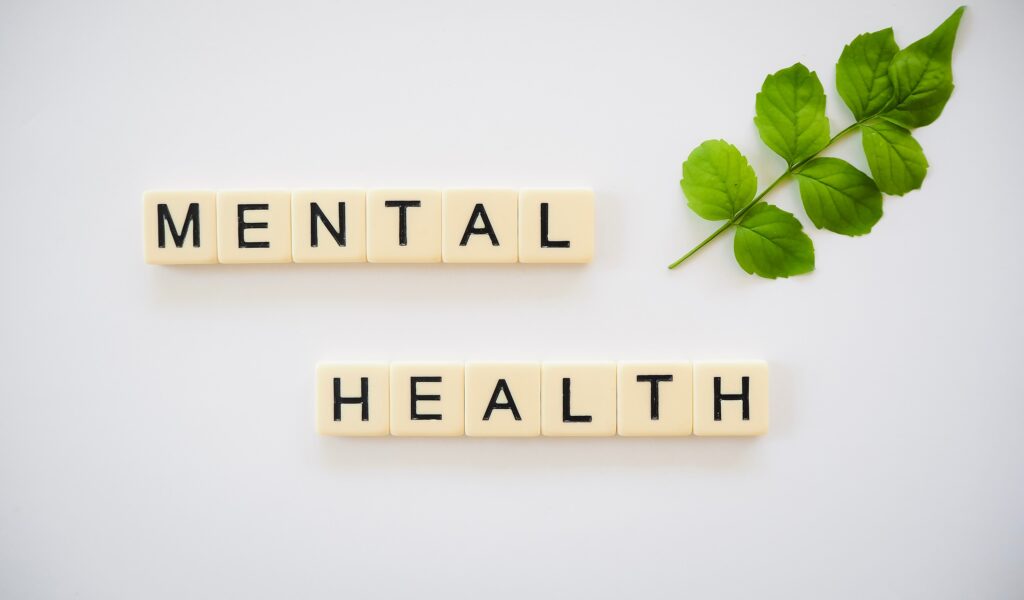How To Find Professional Help For Mental Health Condition

“I feel so conflicted. Should I do this or not?”
“Am I really doing this? But this is so scary.”
“I feel so much pain. But I pretend it’s no big deal. That should not be a problem, right?”
“My caregivers are abusive. I watched an educational video and it gives an insight that I should find help…but I am only a teenager. How can I find help without letting my abusive caregivers know?”
Do you find yourself overwhelmed with the above thoughts?
You know you need help and support, but you are unsure you should get the help or how to go about doing so.
There is an interrelation between physical, mental, and social aspects of health. For instance, smoking can increase the risk of lung cancer, and that depression may lead to not seeking treatment and non-compliance to medication. Depression is the primary cause of disability. It is reported that 20% of the world’s children and adolescents have a mental health condition, with suicide the second leading cause of death among 15-29-year-olds. Besides that, approximately one in five people in post-conflict settings have a mental health condition. It is acknowledged that global development goals can only be achieved with good mental health of the people, which lead to the inclusion of mental health in the Sustainable Development Goals (WHO, n.d.).
Psych2goers, if you, or someone you know maybe are now deliberating to seek help for a mental health condition, below are several things that can be considered:
- Recognize the signs of a mental health condition

First and foremost, you have to acknowledge and accept that, “Yes, I/my loved ones need support. I want myself/my loved ones to get better.” By having self-awareness about your mental health conditions, you will be more at ease in finding solutions for your issues.
Some signs to look out for:
- Prolonged sadness
- Excessive worrying
- Excessive fear
- Uncontrollable anger
- Trouble sleeping
- Low self-esteem
- Avoiding friends and family
- Delusions or hallucinations
Psych2goers, remember, it’s definitely okay to ask for help.
2. Write down your concerns and questions
After you have made up your mind and are resolved to seek help, it is definitely a good strategy to write down any concerns and questions regarding your mental health. This can give you clarity on who you would want to talk to about your mental health. Perhaps initially, you want to have a discussion about it with your family doctor or the general practitioner in the nearest clinic, your faith leader who has received training on psychospirituality from a licensed mental health professional, or your family members or friends whom you trust or whom you know have dealt with similar issues. If you are in school and you have abusive parents, perhaps you want to talk to your school counsellors about it. Universities also provide counsellings for the students.
3. Research about different types of treatment modalities provided by the mental health professionals

After asking a medical doctor (usually a general practitioner or family medicine specialists), the doctor can help to connect you with mental health professionals who can help you to address your issues and concerns. These professionals are trained in specific areas of mental health, such as addiction, anger management, marriage counselling, substance abuse, children and adolescents psychiatry or psychology, and others. Below are the types of mental health professionals (Krucik & Krans, 2017; Boland & Cherney, 2021) :
A. Psychiatrists : Mainly diagnose, treat, and help prevent mental, emotional, and behavioural disorders. They are doctors who specialize in Psychiatry. They also provide psychoeducation for the patients and family members. They can prescribe psychiatric medications to the patients, and can assess whether the patients require referral to psychologists for talk therapy or behavioural interventions, or therapists or counsellors for talk therapy.
B. Psychologists : Specialize in the science of behaviours, emotions, and those who work in places like private offices, hospitals, or schools. They can diagnose and provide individual and group therapy. Many psychologists are treatment-focused, but many are also informed by academic literature and psychological research. They are a lot like medical doctors who look to medical research to guide treatment. Many (not all) have specific training in specific forms of therapy like cognitive behavioural therapy (CBT), dialectical behavioural therapy (DBT), and other behavioural or talk therapy interventions. They usually hold a doctoral degree (Ph.D) and can’t prescribe medication.
C. Counsellors and therapists : In some countries, therapists and psychologists can be used interchangeably. Psychologists with doctorate-level education will take on the title therapist or psychotherapist. Some specialists without graduate training beyond master’s degrees or certifications may refer to themselves as counsellors. Counsellors and therapists are also treatment-focused, but they tend to look more to philosophical and rhetorical theories, along with clinical observations over long periods of time, rather than research.
D. Clinical social workers : trained to evaluate a person’s mental health and use therapeutic techniques based on specific training programs. They are also trained in case management and advocacy services. Degree requirements: master’s degree in social work (MSW).
*note that the job scope, licensure and certifications can differ country to country
4. Decide what is your budget
The costs of the therapy are different, based on where you get it. There are some therapies offered for free. If you have a low budget, you can also consider teletherapy. Some treatment modalities can also be expensive.
If you have an insurance provider, you can ask them what they cover and decide how much you would allocate for therapy per month.
If you have no insurance, you can ask the non-governmental organizations, faith-based organizations or foundations in your country if they can help to pay for the cost of the treatment. However, in certain countries, this is being taken care of when you visit the Psychiatrists or other mental health professionals. They will refer you to specific organizations to get help for payment if you are unable to pay for it.
You can also ask if your therapist is operating on a sliding scale, which means that the amount charged depends on factors like a person’s wage.
5. Consider their cultural and religious competence

While it is absolutely necessary that all mental health professionals are trained in compassion and understanding, you may find it easier to open up with mental health professionals who “get” your experiences. This is especially true for those from oppressed or marginalized groups. Therefore, it is important to receive treatment from those who are part of your community, or who have experience working with people from your community.
Some things you need to consider:
- Racial or cultural background
- Religious affiliations
- Gender identity
Final thoughts
In the end, it is important to find mental health professionals who are a good fit for you. Finding a match may need some trial and error. Indeed, it’s usually a long journey to find the right one, but it will be worth it. Mental health is as important as physical health, and it is crucial at every stage of life, from childhood and adolescence through adulthood then later at old age. There is no health without mental health.
REFERENCES
Centers for Disease Control and Prevention. (2018, January 26). Learn About Mental Health. Centers for Disease Control and Prevention. https://www.cdc.gov/mentalhealth/learn/index.htm.
Cherney, K., & Boland, M. (2021, May 25). Psychologist vs. Therapist: How to Choose &; More. Healthline. https://www.healthline.com/health/psychologist-vs-therapist.
Krans, B., & Krucik, G. (2017, December 9). Types of Mental Health Professionals. Healthline. https://www.healthline.com/health/mental-health-professionals-types.
Oladipo, G., & Kubala, K. (2021, June 21). How to Find a Good Therapist: 10 Tips and What to Avoid. Psych Central. https://psychcentral.com/blog/10-ways-to-find-a-good-therapist#your-budget.
World Health Organization. (n.d.). Mental health. World Health Organization. https://www.who.int/health-topics/mental-health#tab=tab_2.
Zakat Foundation of America Expands Mental Health Services Across North America. Zakat Foundation of America. (n.d.). https://www.zakat.org/zf-expands-mental-health-services-across-north-america.






Responses